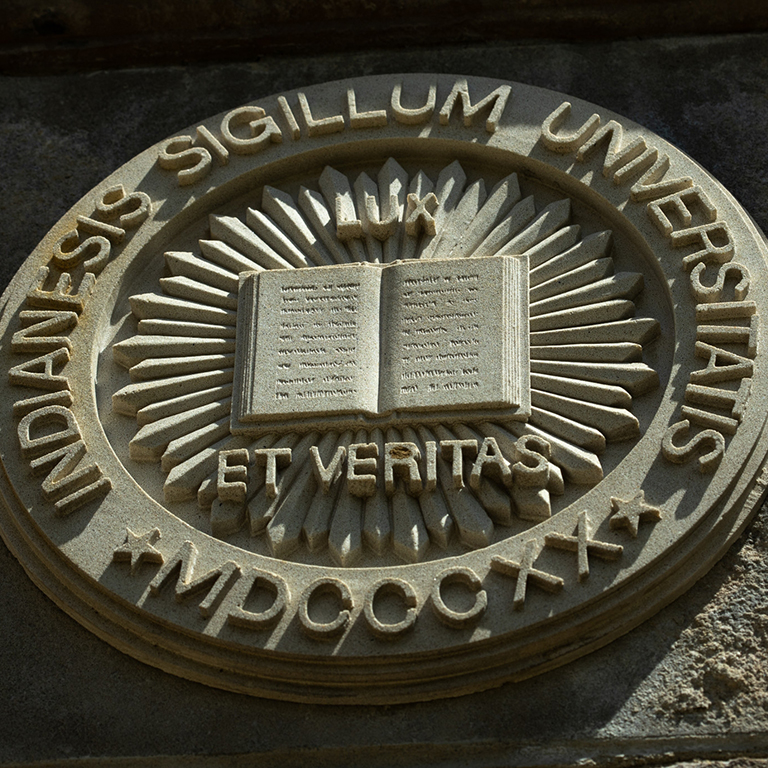Indiana University's Presidential Arts and Humanities Program, which replaced IU's long-running New Frontiers in Arts and Humanities program in early 2020, has made just over $400,000 in grants to 19 arts and humanities endeavors.
The new program acknowledges IU President Michael A. McRobbie's longstanding commitment to supporting artists and humanists and increasing the reach of their work.
Cooper Harriss, Associate Professor of Religious Studies and Founding Co-Editor (with Sarah Imhoff) of the journal American Religion, received an IU Presidential Arts & Humanities Award for the project "R&L," which he describes below:
Scholars working across religious and literary studies have much to offer one another, yet they (and their work) confront a disciplinary divide. Religionists are largely aligned with religious studies or theology departments, mining literary texts as archival evidence of religious themes, histories, and ideas. Literature scholars, usually trained and teaching in language or comparative literature departments, tend to deploy “religion” as a critical apparatus for reading literary texts. The primary institutional point of connection between religion and literature has long been—and to a surprising degree remains—the subfield known variably as Religion and Literature or Literature and Theology, a modern dialectical field that has focused most fully upon a post-Enlightenment Western canon. With exceptions, what counts as religion, as literature, and the terms of their connection have been proscribed in ways that still draw on mid-twentieth-century understandings of these categories.
Thinking of these two disciplines together in this way raises a significant challenge: How may we do justice to the full range of complexities offered by religion and literature broadly construed without simply defaulting to canons and intellectual approaches that currently address only the most obvious point of connection between them? What can the subfield gain from and offer to scholars of premodern or nonwestern traditions who also work at the crossroads of religion and literature? And how might these specialists, rightly resistant to Eurocentric categories, understand themselves connected to this confluence of the religious-and-literary?
“R&L” is a series of workshops that bring together scholars working at the nexus of religion and literature in a wide range of literary and religious traditions in a variety of historical and geographical contexts: from contemporary poetics of the Black Sacred to those underlying Chinese Confucianism, from colonial Latin America to medieval Europe and Japan, from poetry, plays, and novels to picture books. In the first workshop, held in October of 2018, this diverse group focused on certain fundamental questions in order to generate common language and conceptual architecture for conversation. Taking the shorthand for the field of religion and literature (R&L), each participant described what the R—religion—means in their work, and likewise the L—literature. But most importantly, they wrote about the function or identity of the &—the “and” or the ampersand of R&L. How do these fields come together in one’s own work, and how do these fields come together in one’s own work, and how does setting things out in this way create common understanding and/or illuminate productive points of disjuncture?
A future workshop will be held in 2021 with further plans still in process.

 The College of Arts
The College of Arts